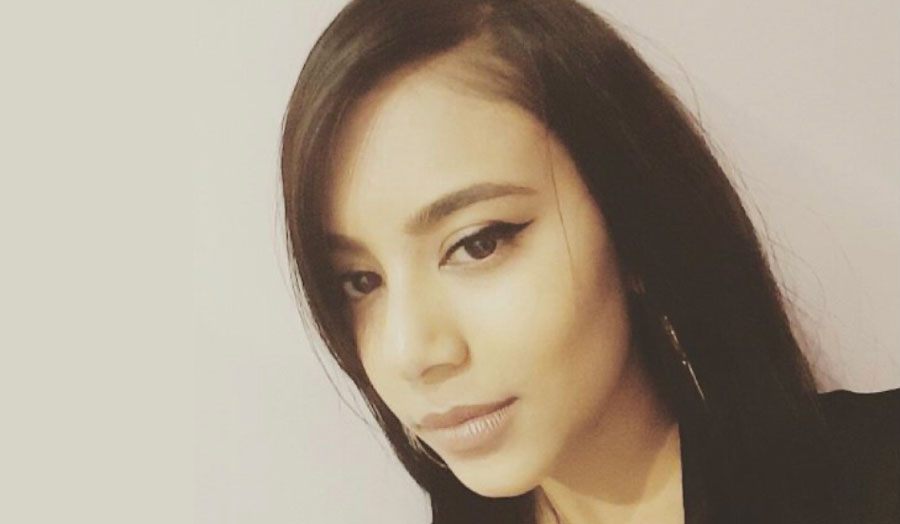Journalism student Alima Bibi gives her Ramadan do’s and don’ts.
Date: 12 May 2021
It’s that time of the year again... people stockpiling food, getting their shopping done by the day before, buying all the necessary staples, preparing their Eid day outfits (usually done the last week,) getting all their affairs in order and mentally preparing for the month-long days and nights to come. But what is Ramadan? Despite being a yearly tradition and religious holiday celebrated all over the world for hundreds of years, similar to Christmas here in the West, many people are still oblivious to what it actually is and what it entails.
Ramadan is a holy month, and marks the ninth month of the Islamic calendar. It consists of fasting (sawn) from sunrise to sunset, observed by Muslims worldwide and typically lasts twenty-nine to thirty days. The month starts from the moment of the first sighting of the crescent moon. Since Ramadan relies on the moon sighting, the date is never the same and can fall on any day during the ninth month as the Islamic calendar follows a lunar calendar instead of a Gregorian one. The start and end of the month varies around the world and the duration of the fast depends on a country’s time zone.
The month starts with a nightly prayer, the day before once a crescent moon has been sighted, signalling the commencement of the first fast. This prayer, known as Taraweeh, meaning 'to rest and relax' is only performed at night during Ramadan, after the evening's last daily prayer. It’s seen as a special form of mediation. A typical fasting day consists of waking up before sunrise to eat, followed by the morning prayer. The fast is then broken at sunset, traditionally with a date, which, symbolises the breaking of the fast, then followed by the sunset prayer and Ramadan meal known as iftaar. Traditional iftaar meals vary with each country but all consist of samosas, rice dishes, meat and vegetables, and plenty of fresh exotic fruit such as watermelon and mango. Since iftaar is the only main meal of the day, every effort must be made to consume food from all major food groups to replenish energy levels.
Apart from fasting, Ramadan is supposed to invoke spiritual awareness in oneself, through reflection, prayer, charity and a sense of community, bringing everyone closer to not just each other but to also their creator. Since it’s regarded as the holiest month of the year, no good deed is greater than the one performed during Ramadan, where the worth of these deeds are multiplied along with the rewards and all sins are forgiven.
Ramadan brain
As you can tell, it’s mentally and physically exhausting… and even more so for a student. Just imagine having to tumble out of bed in the morning, with only 3-4 hours of sleep and an empty stomach, for a 9am lecture. Gruelling. Not even a coffee could keep you awake. Oh wait… you couldn’t have one anyway. Not to mention staying up to date with back to back assignments whilst juggling a part-time job. Just even thinking about the amount of exhaustion tires you out. Staying awake and focused was already a challenge in itself, so never test the patience of a fasting student. Even after Ramadan has ended, it’s hard to kick the bad sleeping habits that it comes with and takes weeks to develop a normal sleeping pattern again. I call it Ramadan's brain.
Luckily though, since most students have to attend classes online, rather than on campus, instead of tumbling out of bed in the morning, all they have to do is roll over and turn their laptop on, whilst still in their pyjamas and no one would be none the wiser; The only perks of COVID for a student. Those few extra hours in bed are definitely appreciated.
Although this year Ramadan came the day after lockdown restrictions were lifted this year (annoyingly) making it harder to enjoy the post lockdown freedom along with the rest of the UK, people are looking forward to the end of Ramadan knowing, they’ll be able to celebrate Eid properly, (that marks the end of fasting,) and close the month with a bang (and a few samosas.. and maybe a kebab). It’s well earned for sure, and until next year… Ramadan Kareem.

